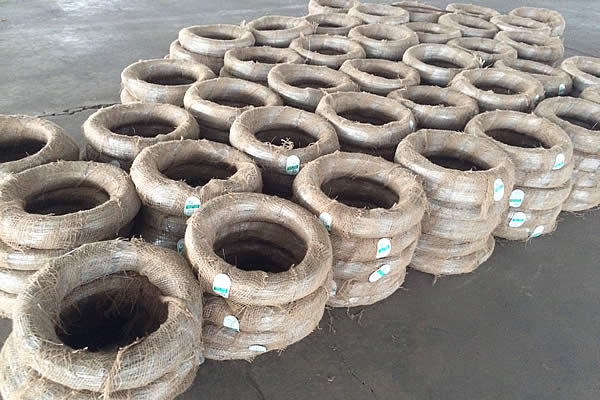 TEL:
+86-13102802206
TEL:
+86-13102802206
 Email:
fencenetting@china.com
Email:
fencenetting@china.com
 Language
Language
 TEL:
+86-13102802206
TEL:
+86-13102802206
 Email:
fencenetting@china.com
Email:
fencenetting@china.com
 Language
Language


The Cost of Installing Chain Link Fences What to Expect
When considering fencing options for residential or commercial properties, chain link fences often emerge as a popular choice due to their durability, low maintenance, and cost-effectiveness. Understanding the various factors that influence the price of installing a chain link fence can help property owners make informed decisions. In this article, we will explore the cost components, key considerations, and additional factors that affect the overall price of chain link fences.
Understanding Chain Link Fence Pricing
The average price of installing a chain link fence typically ranges from $5 to $20 per linear foot, depending on several factors. This broad range accounts for variations in materials, height, labor costs, and any additional features such as gates or customizations. While the initial investment may seem modest compared to other fencing options, it's crucial to account for all aspects of installation.
Key Factors Influencing Price
1. Materials The type of chain link material significantly impacts the overall cost. Standard galvanized steel chain link is the most common and economical option, while vinyl-coated and colored chain link fences can cost more. Additionally, the gauge (thickness) of the wire affects pricing. Thicker wires generally provide greater strength and durability, with lower gauges (e.g., 9 gauge) being more expensive than higher gauges (e.g., 11 gauge).
2. Height The height of the fence is another determinant of cost. Standard heights are usually between 4 to 6 feet, but taller fences can increase both material and labor costs. It's essential to evaluate the specific needs of your property, as local regulations regarding fence heights may also apply.
3. Labor Costs Installation costs are significantly influenced by labor rates, which vary based on geographical location. Regions with higher costs of living tend to have higher labor rates. Hiring a professional fence installer is often recommended for ensuring a sturdy and well-constructed fence; however, labor costs can range widely depending on the complexity of the installation.

4. Site Preparation The condition of the installation site plays a vital role in cost. If the area requires extensive clearing, leveling, or removal of existing fencing, additional labor costs will be incurred. It is advisable to assess the terrain, as rocky or uneven ground can complicate installation and lead to higher expenses.
5. Gates and Accessories Adding gates or other accessories, such as privacy slats or barbed wire, will increase costs. The type and size of gates (single or double) can add substantially to the price, and opting for high-quality materials for these components is often recommended for long-term durability.
Additional Considerations
- Maintenance and Longevity Chain link fences are known for their longevity, often lasting 15 to 20 years with minimal maintenance. Choosing quality materials can reduce future costs associated with repairs or replacements.
- Climate and Weather Resistance Depending on the local climate, additional coatings or treatments may be necessary to enhance resistance to rust and corrosion. This includes zinc coatings (galvanization) or vinyl coverings, and opting for these treatments inevitably adds to the initial cost.
- Local Regulations Before installation, homeowners should check local zoning laws and home association rules. Some areas require permits for fence installation, which can incur additional costs.
Conclusion
Installing a chain link fence can be a cost-effective solution for those looking to enhance security and define property boundaries. The average price varies widely based on factors such as materials, height, labor, and site conditions. By carefully considering all these elements, property owners can better prepare for the financial investment required. Ultimately, investing time in researching and planning can lead to a successful fencing project that balances aesthetics, functionality, and budget.